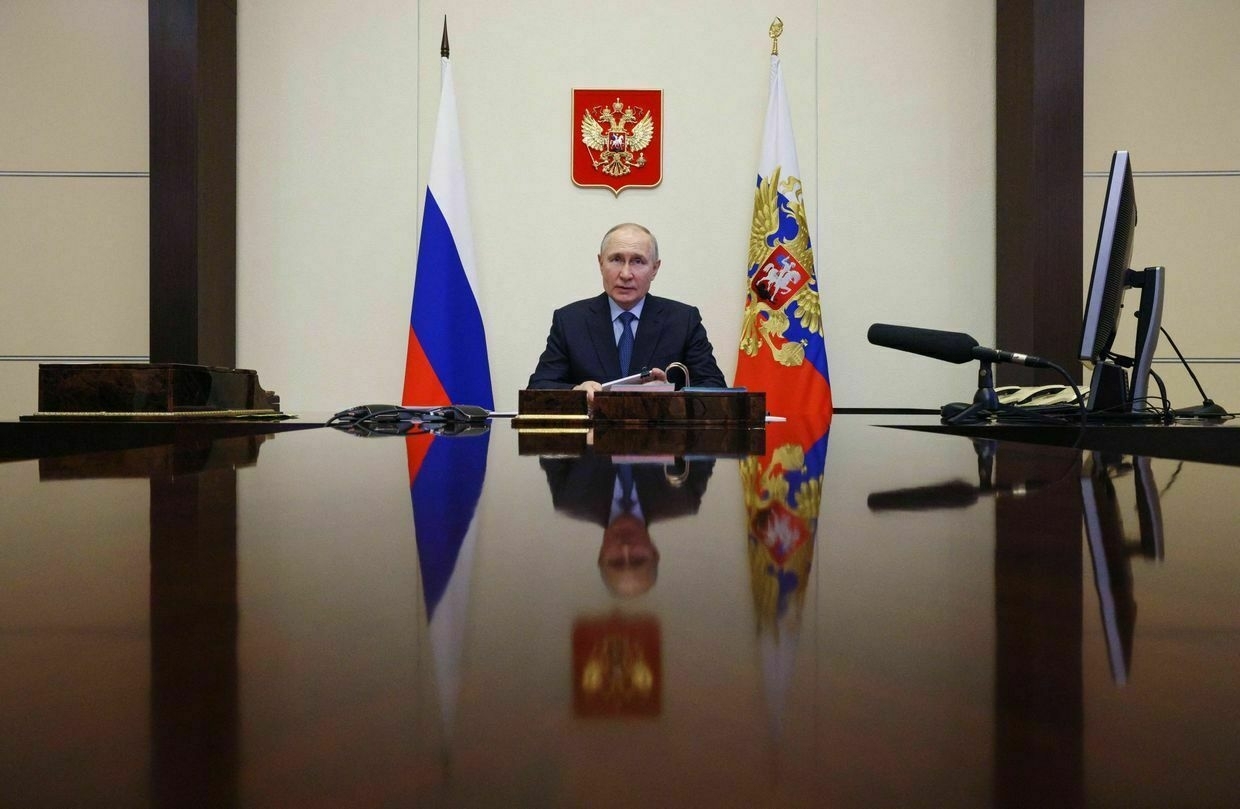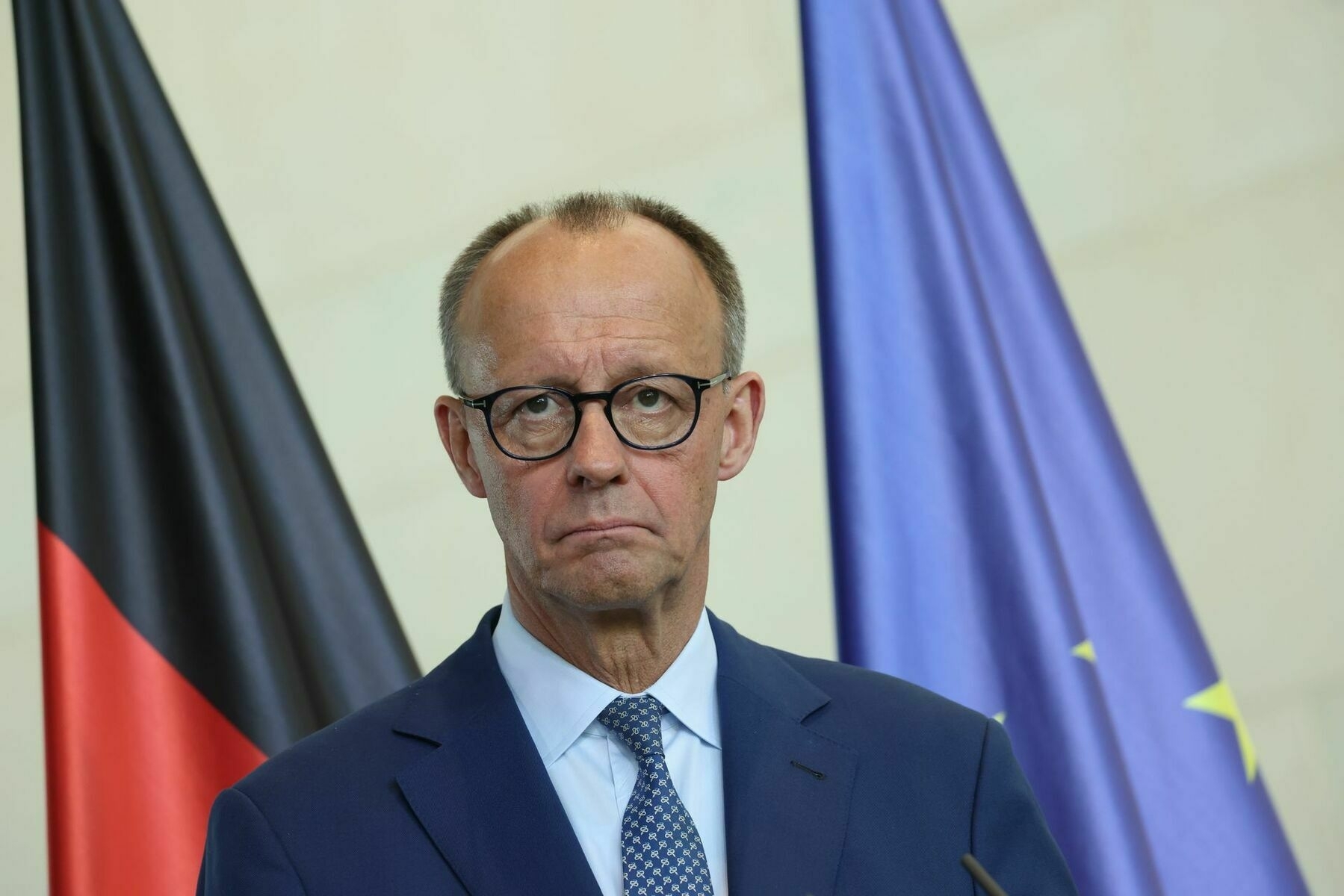
Editor’s note: This is a developing story and is being updated.
Russia continues to refuse to agree to a full ceasefire in Ukraine, with President Vladimir Putin instead prepared to negotiate a “memorandum regarding a potential future peace treaty,” he said following a two-hour call with U.S. President Donald Trump on May 19.
Putin said Trump had “expressed his position regarding the cessation of hostilities, a ceasefire,” but insisted the “most effective paths towards peace” were still to be determined.
A source in the President’s Office told the Kyiv Independent on May 19 that Ukraine is still pushing for a full, unconditional ceasefire in talks this week with the U.S. president — the key demand pushed by Trump and accepted by Ukraine back in March.
“Agreed with the president of the U.S. that Russia will propose and is ready to work with the Ukrainian side on a memorandum on a possible future peace treaty,” Putin told reporters after the call.
“It might define a number of positions, for example, the principles of settlement, the timing of a possible peace agreement, and so on, including a possible ceasefire for a certain period of time if the relevant agreements are reached."
Russia’s position in the negotiations remains unchanged and requires “eliminating the root causes” of the war, the Russian president added.
The call comes days after largely inconclusive negotiations in Istanbul, where Russia sent a delegation of low-level officials and reiterated sweeping territorial demands, including that Ukraine accept the loss of Crimea and four eastern regions.
The negotiations in Istanbul concluded without a breakthrough. The two parties agreed to a 1,000-for-1,000 prisoner exchange this week. Ukrainian and European officials have expressed frustration over what they view as Moscow’s unwillingness to engage in serious peace efforts.
"Contacts between the participants in the meeting and the talks in Istanbul have resumed, and this gives reason to believe that we are on the right track in general," Putin said.
Kremlin spokesperson Dmitry Peskov described the phone call between the two presidents as "productive" and highlighted Trump's "neutral" stance on the war.
Speaking to reporters, Peskov said, "Trump's position is neutral and he does deal with settlement issues, while the position of European politicians is openly pro-Ukrainian."
The U.S. president's approach to negotiations frustrates European allies, many of whom sought his support for a joint U.S.–EU ultimatum demanding an unconditional ceasefire starting May 12 and tougher sanctions on Moscow.
Despite Russia's refusal, no new U.S. sanctions have been imposed so far.
In Washington, Republican lawmakers have echoed the call for punitive actions against Moscow. U.S. Special Envoy for Ukraine Keith Kellogg told Fox Business that the "Russian Sanctions Act of 2025 is ready to go."
Republican Senator Lindsey Graham said on May 1 that the legislation includes sweeping financial penalties and 500% tariffs on countries that continue buying Russian oil, gas, or uranium.
During their previous phone call on March 18, Putin also rejected Trump's 30-day ceasefire offer but announced a pause on strikes against energy facilities, which Ukraine claims was repeatedly violated.
 The Kyiv IndependentAnna Fratsyvir
The Kyiv IndependentAnna Fratsyvir

